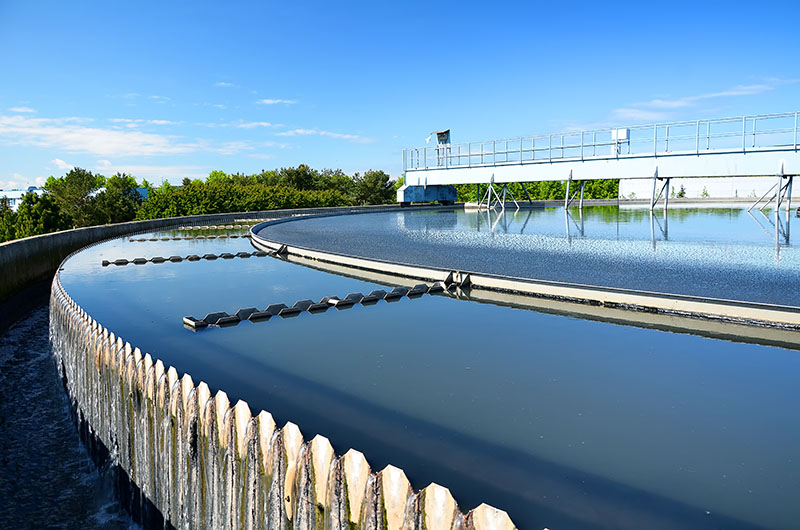Water & Wastewater SCADA Solutions
Advanced monitoring and control systems for water and wastewater treatment facilities, backed by over four decades of systems integration expertise.

Advanced monitoring and control systems for water and wastewater treatment facilities, backed by over four decades of systems integration expertise.

SCADA, or Supervisory Control and Data Acquisition, is a computer system used for monitoring and controlling industrial processes, including water and wastewater treatment. SCADA systems are essential for the efficient operation of treatment plants, providing real-time data on system performance, enabling remote control of equipment, and ensuring regulatory compliance.
SCADA systems play a vital role in water and wastewater treatment by offering continuous monitoring of the treatment process, from the intake of raw water to the release of treated water or wastewater back into the environment. This monitoring ensures that the quality of the water being processed meets the required standards and minimizes the impact on the environment. SCADA systems also provide valuable data to help plant operators optimize processes, reduce energy consumption, and improve overall system reliability.
In the water treatment sector, SCADA systems are used to manage processes such as water intake, filtration, disinfection, and distribution, ensuring the delivery of safe and clean water to consumers. In wastewater treatment, SCADA systems help manage processes like preliminary treatment, biological treatment, and sludge handling, ensuring the proper treatment and disposal of wastewater to protect the environment and public health.
Water treatment SCADA systems monitor and control critical processes including intake, chemical dosing, filtration, and distribution. These systems ensure water quality meets regulatory standards while optimizing operational efficiency.
Learn more about Water SCADA →Wastewater SCADA systems provide comprehensive monitoring and control of treatment processes, from preliminary screening to final discharge. These systems help maintain environmental compliance while maximizing treatment efficiency.
Learn more about Wastewater SCADA →As a systems integrator with over four decades of experience, we specialize in designing, implementing, and maintaining SCADA systems for water and wastewater facilities of all sizes. Our team of experts works closely with facility operators to create customized solutions that meet specific operational requirements and regulatory standards.
Our comprehensive approach includes system design, hardware and software integration, installation, commissioning, training, and ongoing support. We leverage the latest technologies to deliver reliable, scalable, and user-friendly SCADA systems that enhance operational efficiency and reduce costs.
Visit GBL DataSCADA systems continue to evolve with advancements in technology, offering increasingly sophisticated capabilities for monitoring and controlling water and wastewater treatment processes. Modern SCADA systems incorporate features such as cloud connectivity, mobile access, advanced analytics, and integration with other enterprise systems.
For more information on SCADA systems and how they can benefit your water or wastewater treatment facility, please explore our website or contact us to discuss your specific requirements.